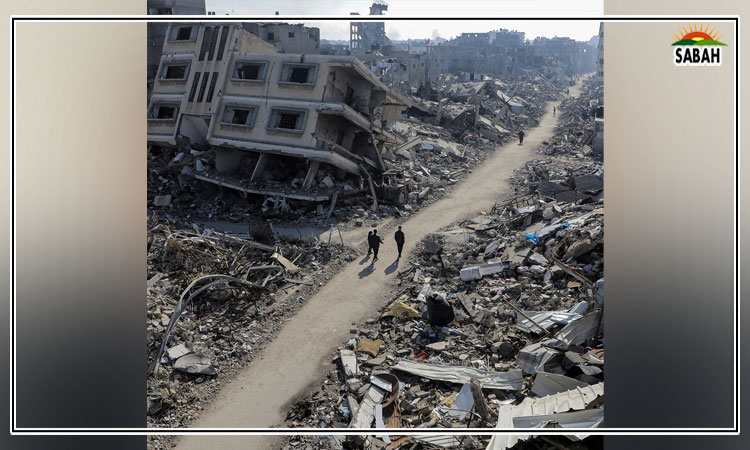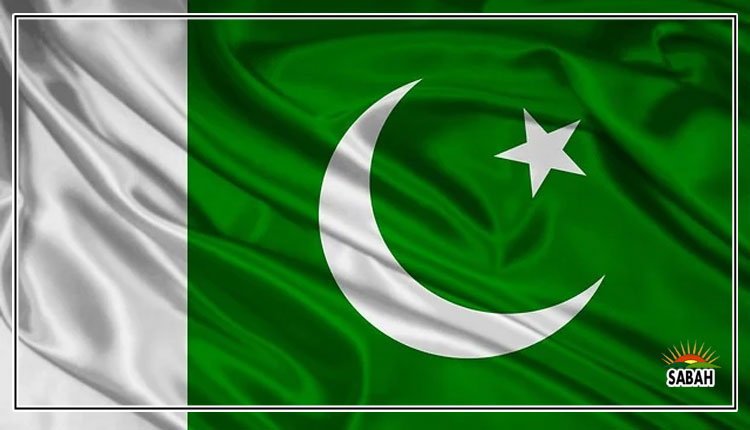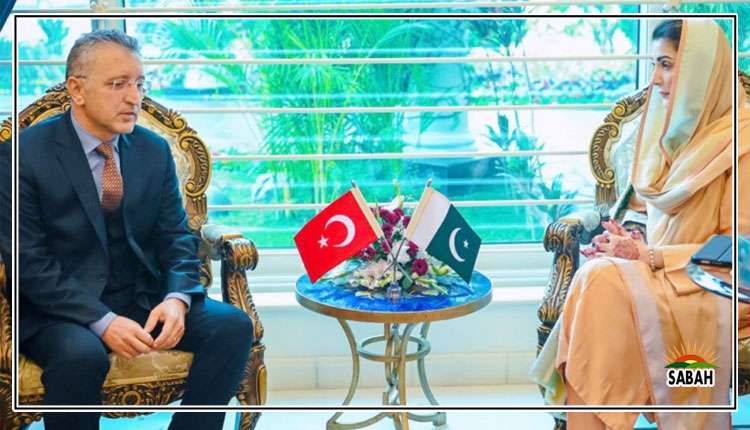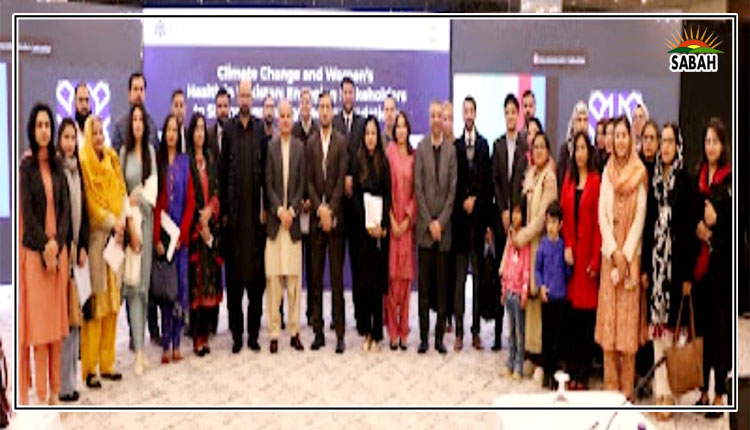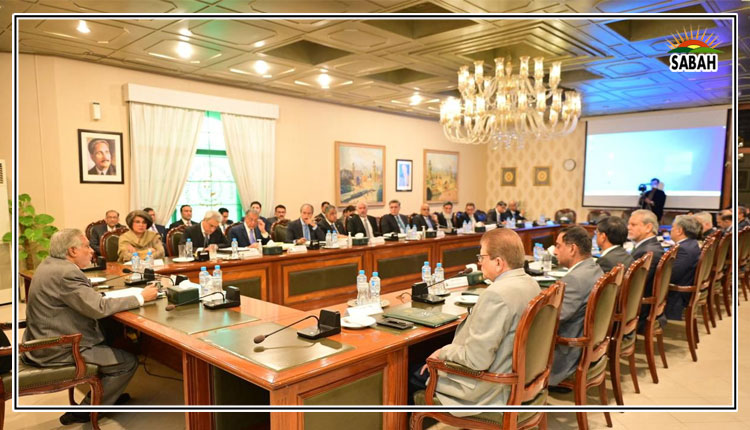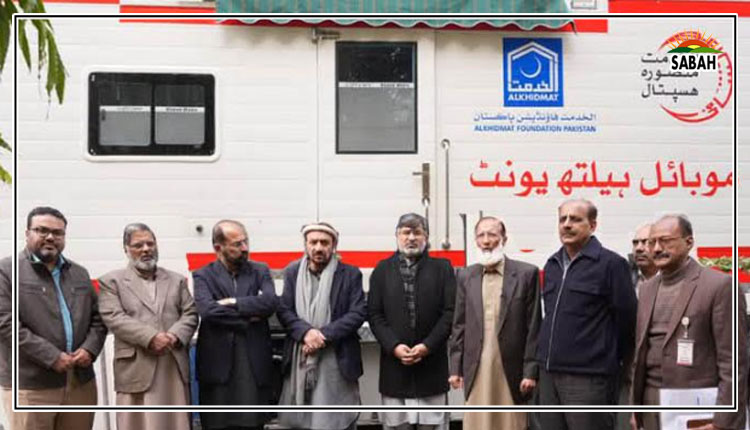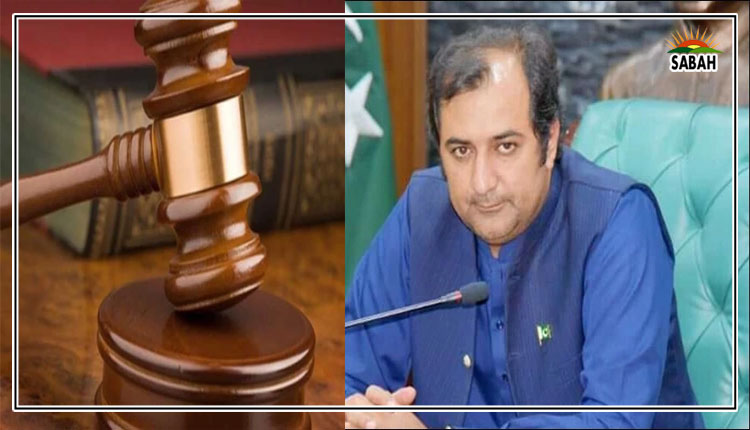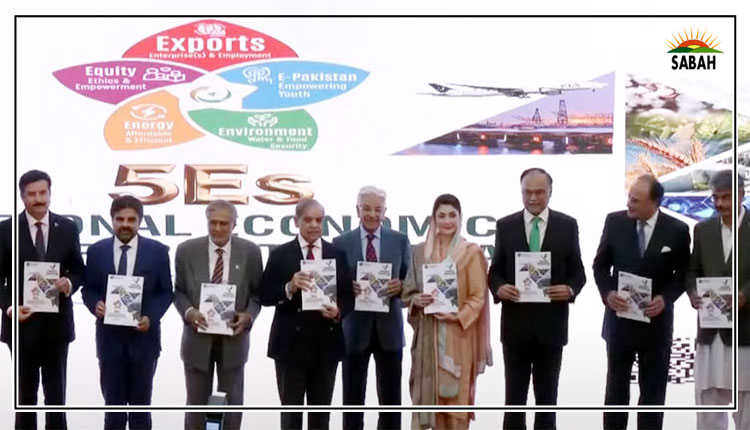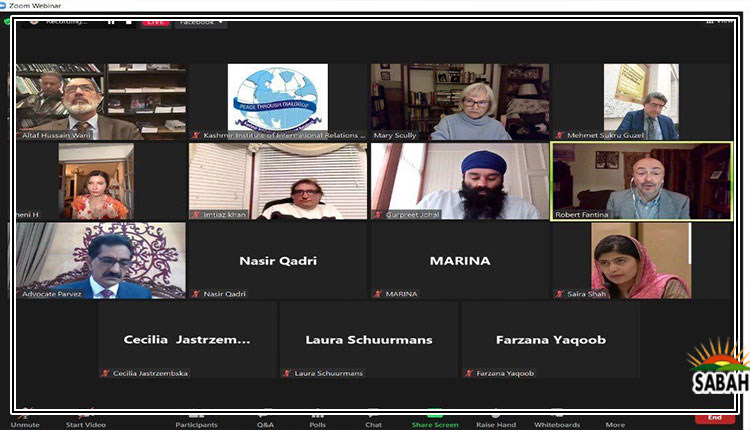India failed to address key human rights concerns expressed during UPR sessions, say Speakers
ISLAMABAD, Nov 09, (SABAH): Speakers at a webinar while expressing serious concerns over India’s noncompliance with the recommendations agreed during UPR’s 3rd cycle, have said that despite strong protests from human rights organizations including the United Nations and the OIC, the Indian Government has failed to address the key human rights concerns expressed during third Universal Periodic Review.
The webinar organized by the Kashmir Institute of International Relations (KIIR) in collaboration with the World Muslim Congress, IMWU, and IAPSD on the sidelines of the 41st session of Universal periodic review was attended and addressed by prominent human rights activists, law experts, academicians, and diplomats hailing from different parts of the world including Dr. Imtiaz Khan, Marry Scully, Cecilia Jastrzembska, Robert Fantina, Gurpreet Singh, Professor Dr. Mehmet Sukru Guzel, Ms. Sheni Hamid, Mariana Zucca, Dr. Farhan Mujahid Chak, Ms. Farzana Yaqoob, Advocate Nasir Qadri Dr. Saira Shah, Laura Schamaz, Prof. Amna Mehmood, Advocate Parvez Ahmed Shah and the event was moderated by noted rights activist and Chairman Kashmir Institute of International relations moderated the event was moderated by noted rights activist and Chairman Kashmir Institute of International Relations Altaf Hussain Wani.
“Given the scale of human rights challenges that Kashmiris face, it is extremely disappointing to see that India’s repressive regime led by Hindu supremacists has been brazenly flaunting the UPR recommendations and commitments regarding the improvement of the human rights situation in the Indian-held territory of Jammu and Kashmir”, the speakers said adding that the international community, in particular, the rights watchdogs should join their hands to hold the Indian government accountable and ask the government to address key human rights issues that have been neglected for too long.
Terming India’s 5th August 2019 decision as an outrageous attack on Kashmiris’ national identity, the speakers on the occasion, called upon Indian government to reverse 5TH August action, which they said was against the spirit of the Geneva conventions and UNSC resolutions on Kashmir.
Voicing their concern over the continued bloodshed and violence in the disputed territory, they observed that the draconian laws enforced in the state were the main cause of human rights violations in the region. “Colonial-era tactics such as criminalizing freedom of expression and opinion, reprisals against human rights defenders and civil society activists are being used as a tool to suppress the voices of dissent in Kashmir”, the speakers said, adding that miss using anti-terror laws by the authorities was yet another serious that merits urgent attention of the global community.
They demand the government of India repeal all draconian laws, release political prisoners, and human rights defenders Including Khurram Parveez, and Ashan Untoo and give access to the UN special rapporteur and other mandate holders to Indian-occupied Kashmir to assess the situation on the ground. They also urged the Indian government to allow UN fact-finding missions to Indian-occupied Kashmir to investigate ongoing and Past human rights violations.
“India is one of only a few countries that have yet to ratify the United Nations Convention Against Torture and Other Cruel, Inhuman, or Degrading Treatment or Punishment”, the speakers said adding that India deliberately running away from being party to such conventions because of the high rate of torture cases in Kashmir and other parts of India where religious minorities were persecuted ruthlessly and treated as second class citizens.
Stressing the need for protecting the rights of religious minorities, they said the Indian government had miserably failed to uphold these fundamental rights.
The speakers thanked the international civil society for their timely concerns to the UPR working group. It is worth mentioning here that more than two hundred civil society groups have raised concerns over the situation in occupied Kashmir and asked the Indian government what steps it had taken regarding the improvement of the human rights situation in Kashmir.
During the 3rd cycle of UPR in 2017, India was handed over 250 recommendations to improve its human rights record. India accepted 152. India has failed to uphold its commitments and make progress in any of the areas of concern.
Some of the countries including the UK, USA, Germany, Belgium Spain, and Portugal have submitted advance questions to India asking what procedures it had put in place to promote the harmonization of national disability, legislation with respect to the provisions of the Convention on the Rights of Persons with Disabilities (CRPD), in particular, the National Trust Act and the Rehabilitation Council of India Act?
The government of India was asked about the measures it had taken to adopt in order to guarantee the right to equal pay for all women.
As many NGOs find it difficult to operate in India given the restrictions imposed by the application of the Foreign Contribution Regulation Act (FCRA), it is being asked as what are the plans of the government of India to ensure that human rights organizations can operate in India.
Speakers called on the UN human rights council to take strong note of the Indian noncompliance and its arrogant attitude towards UN human rights machinery.
On behalf of the Group of Friends of NMIRFs Portugal while raising important questions asked if the Indian state under review established a dedicated ‘national mechanism for implementation, reporting and follow-up’ (NMIRF) covering UPR recommendations, but also recommendations/observations generated by the UN human rights Treaty Bodies, the Special Procedures, and relevant regional mechanisms



